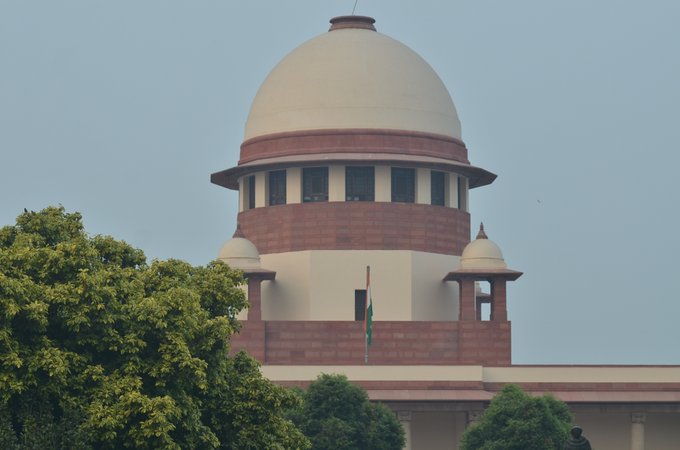S. Aditya
Supreme Court of India, 3 judges bench comprising Jst. Ashok Bhushan, Jst. S. Abdul Nazeer and Jst. Hemant Gupta, while determining a civil appeal from the order of Patna High Court propounded that just based upon the fact that a business was run by the Karta of a joint Hindu family, such business cannot be deemed to be a joint Hindu family business.
In the instant matter of Kiran Devi versus the Bihar State Sunni Wakf Board and others. The Appellant was ordered to be evicted from the suit premises by the High Court of Patna while overruling the judgment of the Wakf Tribunal, the Patna High Court came to a conclusion that the surrender of tenancy to the Wakf Board by the previous tenant, who was the Karta of the Hindu joint family and was running a hotel business in the said rented premises, was wrong in law because of the absence of the consent of the other members of the joint Hindu family.
The Supreme Court while determining the appeal from the order of High Court of Patna, propounded that just because of the fact that the tenancy was granted to a person who was also the Karta of a joint Hindu family would not render the business run in the rented premises to be a Hindu joint family business and thus the consent of the other members of the Hindu joint family shall not be deemed mandatory.
It was further propounded that the presumption after the enactment of succession laws favours the view that the property is owned in individual/personal capacity and would be subject to the succession laws unless proved otherwise. Thus tenancy right was a “Contract in Personam” with the previous tenant alone and not with the family, thus could rightfully be surrendered by the contracting party.
The Respondent had put forth the contention that the adjudication of the issue could not have been transferred to the Wakf tribunal by the Civil court, this contention was outright dismissed by the Supreme Court because the transfer was carried out by a judicial decision of the Munciff Judge on the application of transfer and the same had attained finality.
It was further contended that the High Court did not have jurisdiction to hear the matter under writ jurisdiction of Article 226 of the Constitution of India.
The Supreme Court by harmoniously reading Article 227 and the intention of proviso to Section 83 (9) of the Wakf Act 1995 came to the conclusion that the High Court had supervisory jurisdiction to determine the correctness, legality and propriety of the decision of the Wakf tribunal.
Thus propounding that Invocation of wrong provision would not alone render a judgment nugatory, the Supreme Court further reiterated that if the state has provided such powers under any other provisions of law it shall come to the rescue of the decision so made.
It was thus decided that invocation of writ jurisdiction includes article 226 and article 227 and Hence the High Court was empowered to hear the matter.
The High Court while exercising its supervisory jurisdiction must only look into the legality and correctness of the judgment passed by the tribunal or lower Court and must not re-appreciate the facts as a court of appeal. Therefore beside other reasons stated above the Supreme Court overruled the judgment of High Court of Patna and upheld the decision of the Wakf tribunal.

